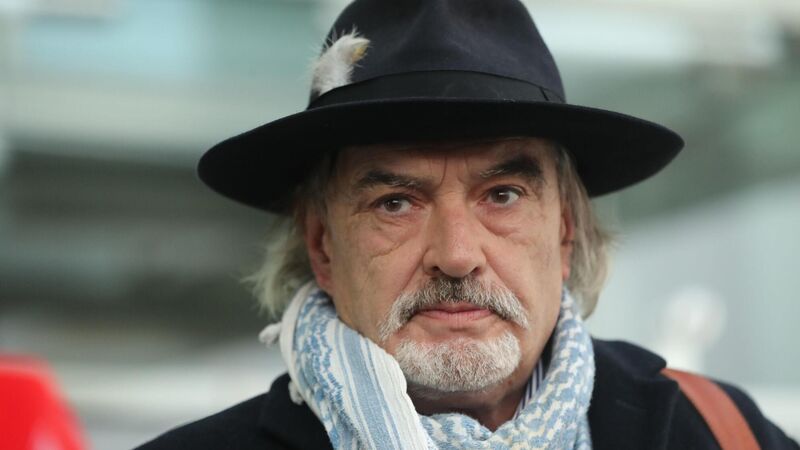Ian Bailey, the British journalist who collapsed and died after a heart attack on a West Cork street on Sunday, was probably Ireland’s best known, or most notorious, ‘blow-in’, a description that might not have disappointed him.
Although he prided himself on being a pizza cook and a poet, Bailey’s role in the decades-long mystery of the killing of 39-year-old Sophie Toscan du Plantier brought him national and international scrutiny.
Already a subscriber? Sign in
You have reached your article limit.
Subscribe to access all of the Irish Examiner.
Annual €130 €80
Best value
Monthly €12€6 / month
Introductory offers for new customers. Annual billed once for first year. Renews at €130. Monthly initial discount (first 3 months) billed monthly, then €12 a month. Ts&Cs apply.
CONNECT WITH US TODAY
Be the first to know the latest news and updates

















